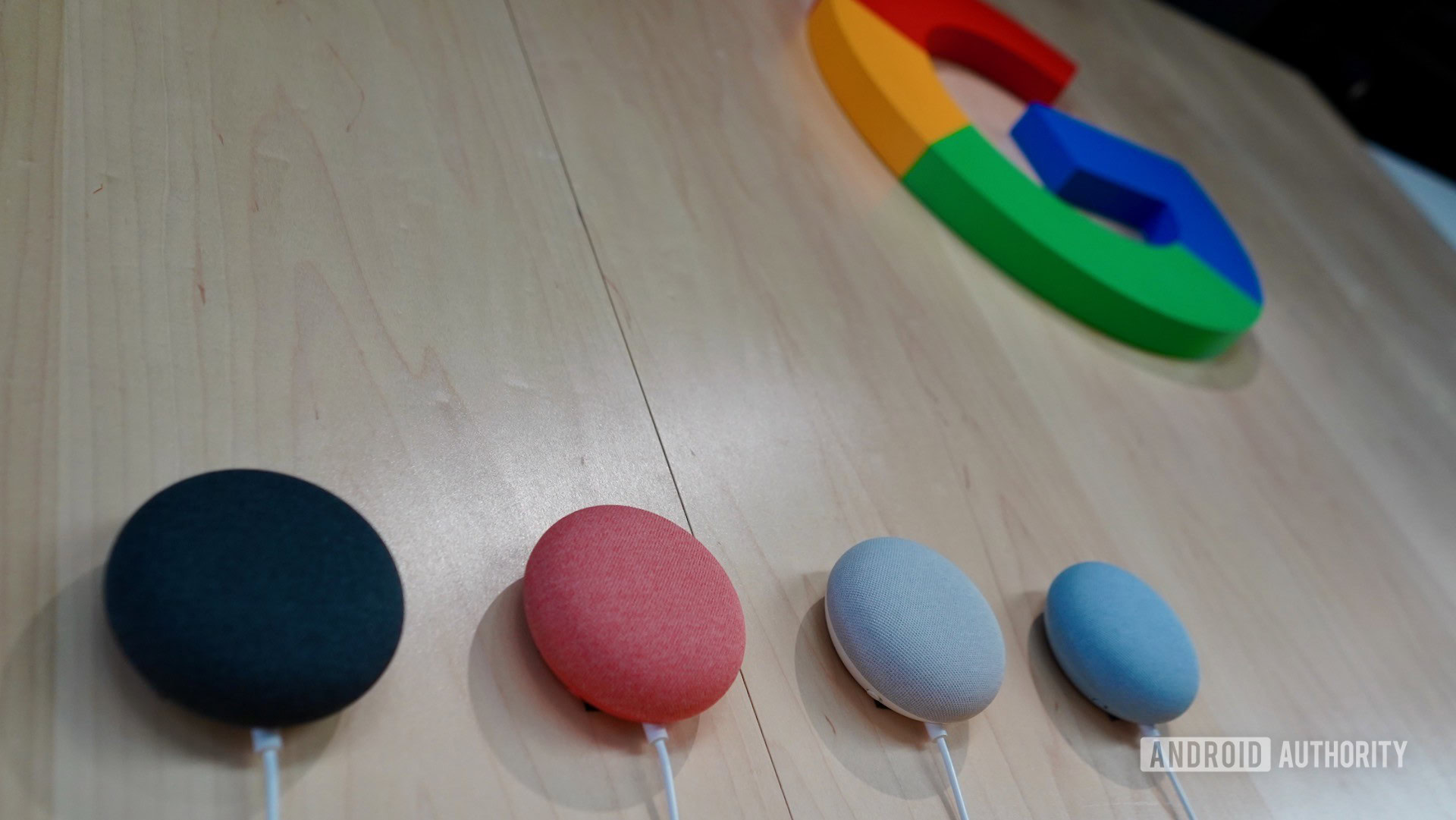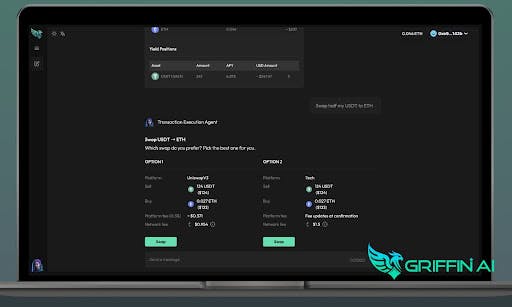One of Africa’s most celebrated fintechs, M-KOPA, is under fire in court.
The fintech has been accused of sidelining its African employees while protecting foreign investors and white expatriate staff.
Let’s go back to the beginning (as the lawsuit states): In 2019, M-KOPA’s board panicked about dilution risks to international shareholders—including British International Investment (BII), Germany’s DEG, and Generation Investment Management—after a shareholder converted debt into equity.
M-KOPA came up with a plan to introduce a new class of shares called ‘Growth Shares,’ for expatriate and white staff, excluding its African staff. This move quietly stripped the African employees of rights, access, and meaningful ownership.
From 2019 to 2022, the number of Growth shares and Preferred shares exploded to 2.7 million and 12.6 million, respectively. Meanwhile, local employee ownership plunged from 27% to 2.6%, according to a TechMoran report.
Elizabeth Njoki, a longtime employee who filed the lawsuit, claims that Kenyan staff were locked out of meetings and denied vital information. According to her, the new tier system diluted the equity of African staff, stripping away the voting rights that shareholders usually have access to.
M-KOPA objects. Although there have been no official comments, the fintech giant—headquartered in the United Kingdom—wants the case dismissed, arguing that Kenyan courts have no jurisdiction. Because the company was incorporated in the UK, its argument rests on the matter being one for the British courts.
But in Kenya, this legal challenge could set off ripple effects across the tech ecosystem. It could inspire more legal challenges and change how investors structure employee ownership schemes, especially in markets where foreign capital dominates. If Njoki wins, it could push other African startup workers to speak up about equity. If M-KOPA wins, it may signal that local staff have little ground to challenge offshore startups.











